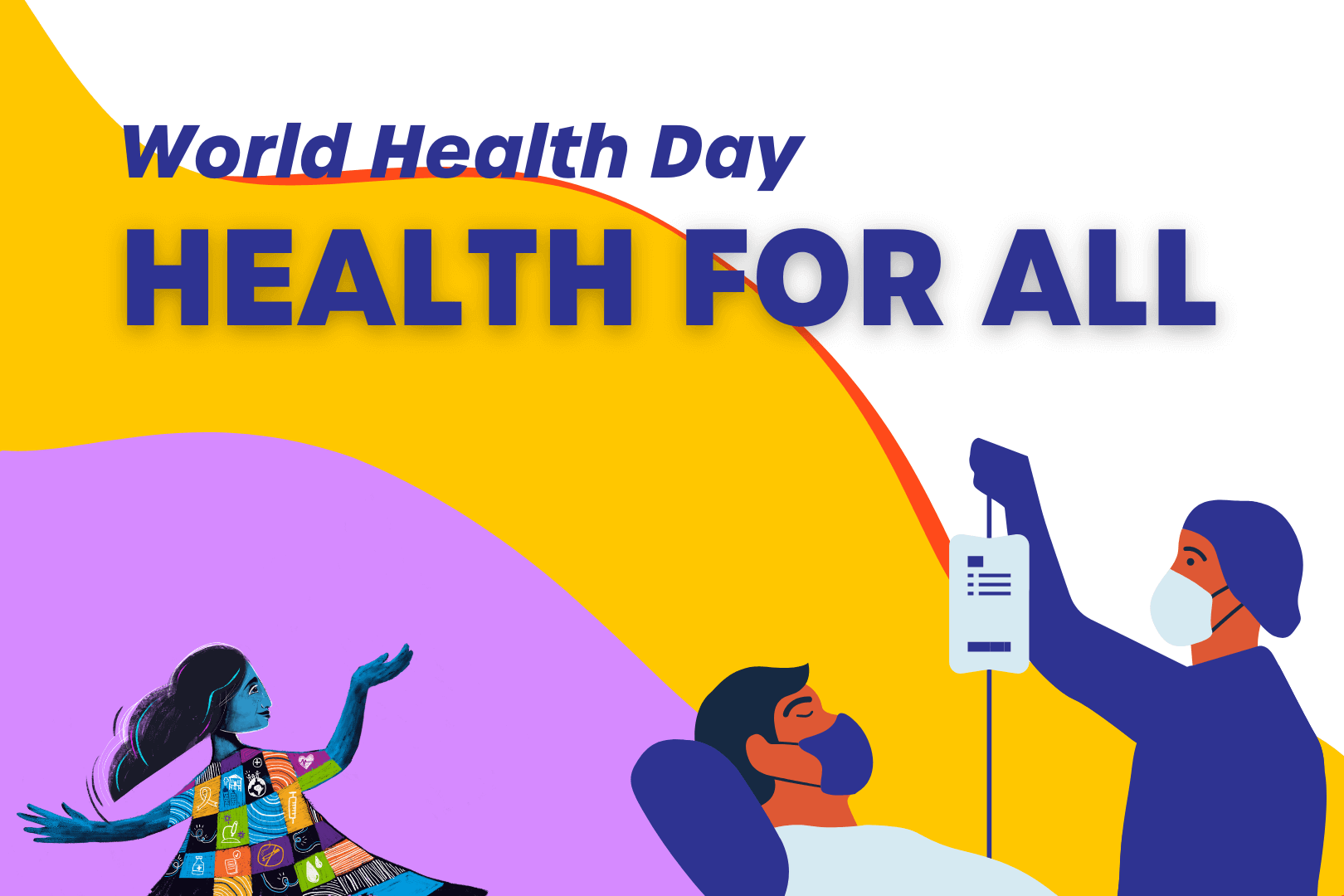Maximizing the Impact of Communications Strategies on World Health Day to Achieve Universal Health Coverage and SDGs
Account Director, Weber Shandwick Switzerland
Every year on April 7th, World Health Day is celebrated, and this year’s theme is “Health for All.”
The 75th anniversary of the World Health Organization marks an opportunity to reflect on the remarkable progress made in public health over the last seven decades and how it has enriched the quality of life of many. However, it also serves as a stark reminder of the persistent health challenges we continue to face today and the urgent need for collective action. Health is a fundamental human right, and ensuring everyone can access quality healthcare is crucial for achieving sustainable development goals (SDGs).
The COVID-19 pandemic highlighted the importance of health and the urgent need for global cooperation to address health crises. The pandemic has affected every aspect of our lives, from physical and mental health to social and economic well-being. It has also exposed existing inequalities in healthcare and the need for more investment in health systems to ensure everyone has access to quality healthcare.
Communications strategies play a crucial role in advancing progress towards universal health coverage and meeting health-related SDGs. Effective communication can help raise awareness about health issues, promote healthy behaviours, and drive community engagement in health initiatives. It can also help to dispel misinformation, tackle the stigma surrounding health issues and create a supportive environment for health interventions.
How do communications strategies support SDGs?
One way communications strategies can support progress towards health-related SDGs is by raising awareness about the social and economic factors that influence health outcomes. These determinants, such as poverty, education, and social exclusion, have a significant impact. By raising awareness about these issues, communications strategies can help to build public understanding and support for policies and initiatives that target the underlying causes of health inequalities.
Another way in which communications strategies can support progress towards health-related SDGs is by promoting community engagement in health initiatives. Community engagement is crucial for the success of health interventions, as it helps ensure that interventions are culturally appropriate and address the needs of the community. In addition, communications strategies can help to build trust between communities and healthcare providers and encourage community participation in health initiatives.
Finally, communications strategies can also play a role in advocating for increased investment in health systems. Investing in health systems is crucial for achieving universal health coverage and ensuring everyone has access to quality healthcare. Communications strategies can help to build public support for increased investment in health systems and create the political will for policy change. To sum up, World Health Day is a reminder of the importance of health for all and the urgent need to address health inequalities. Developing effective communications strategies is crucial for advancing universal health coverage and meeting health-related SDGs. By raising awareness about the social and economic factors that affect health, encouraging community involvement in health initiatives, and advocating for increased investment in health systems, communications strategies can help create a healthier and fairer world for all.
